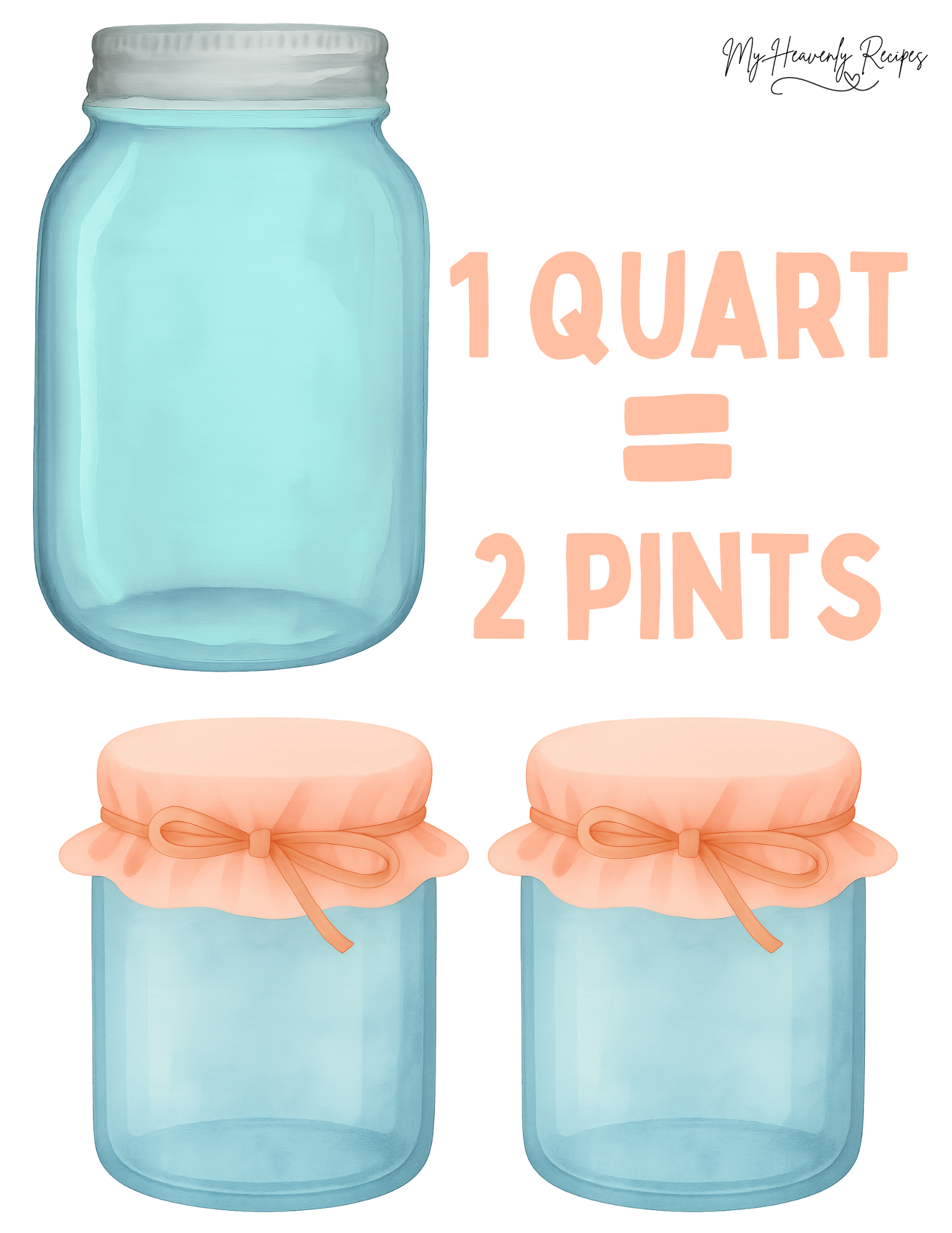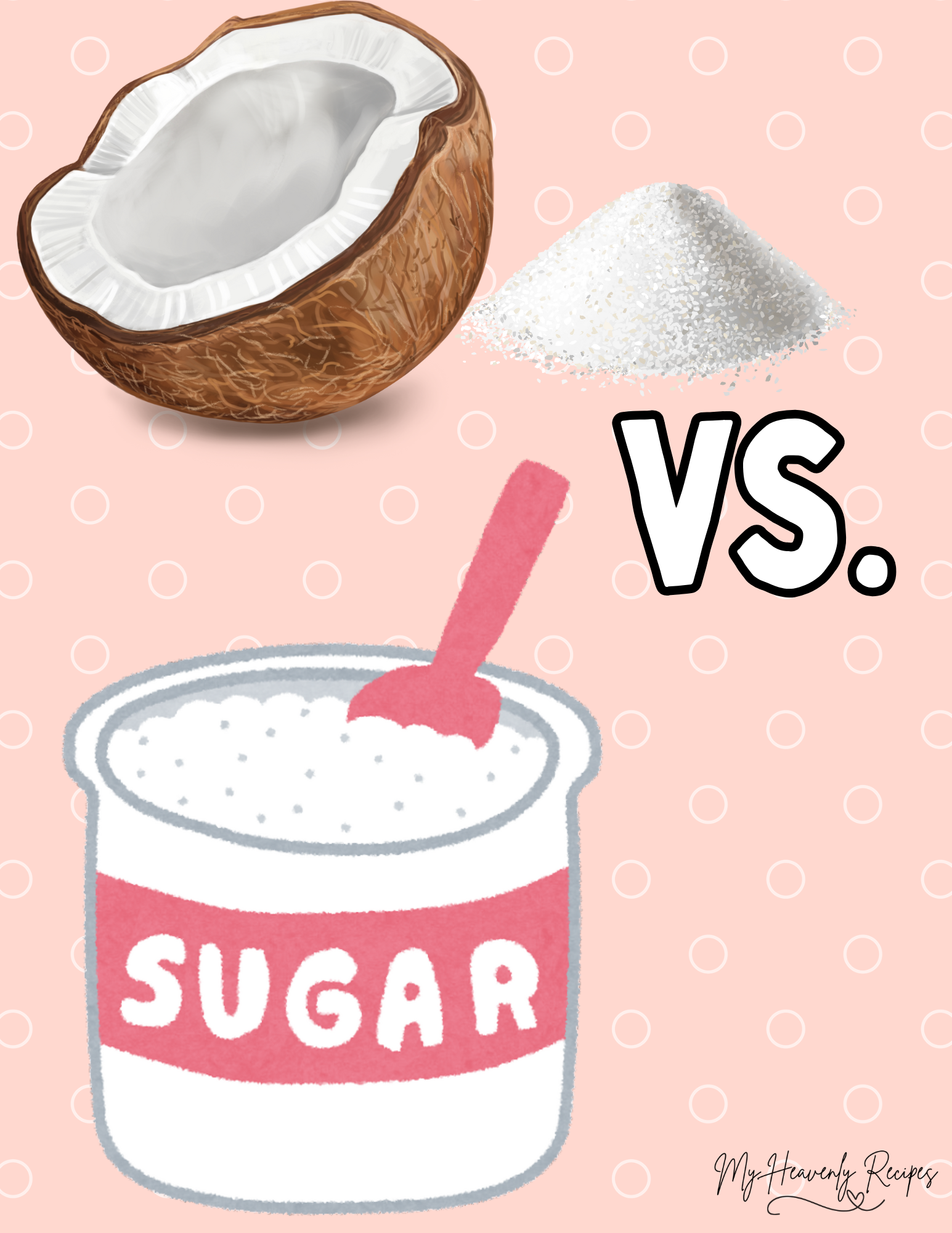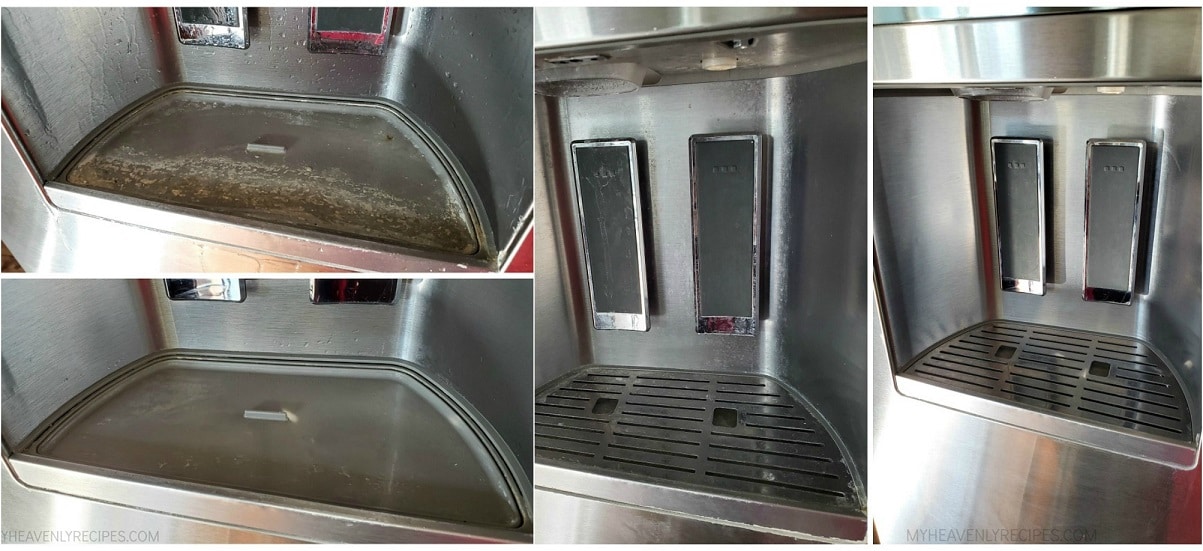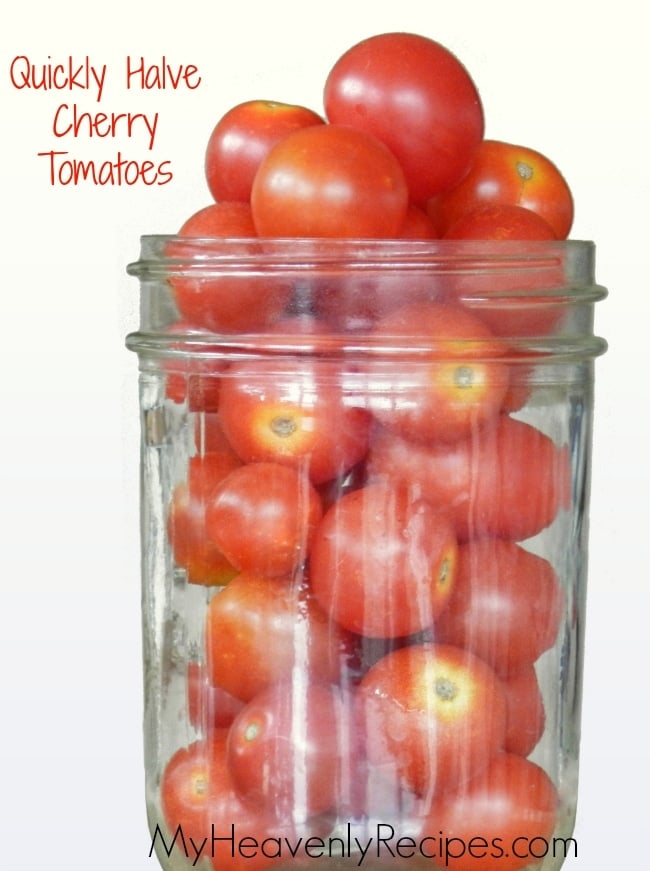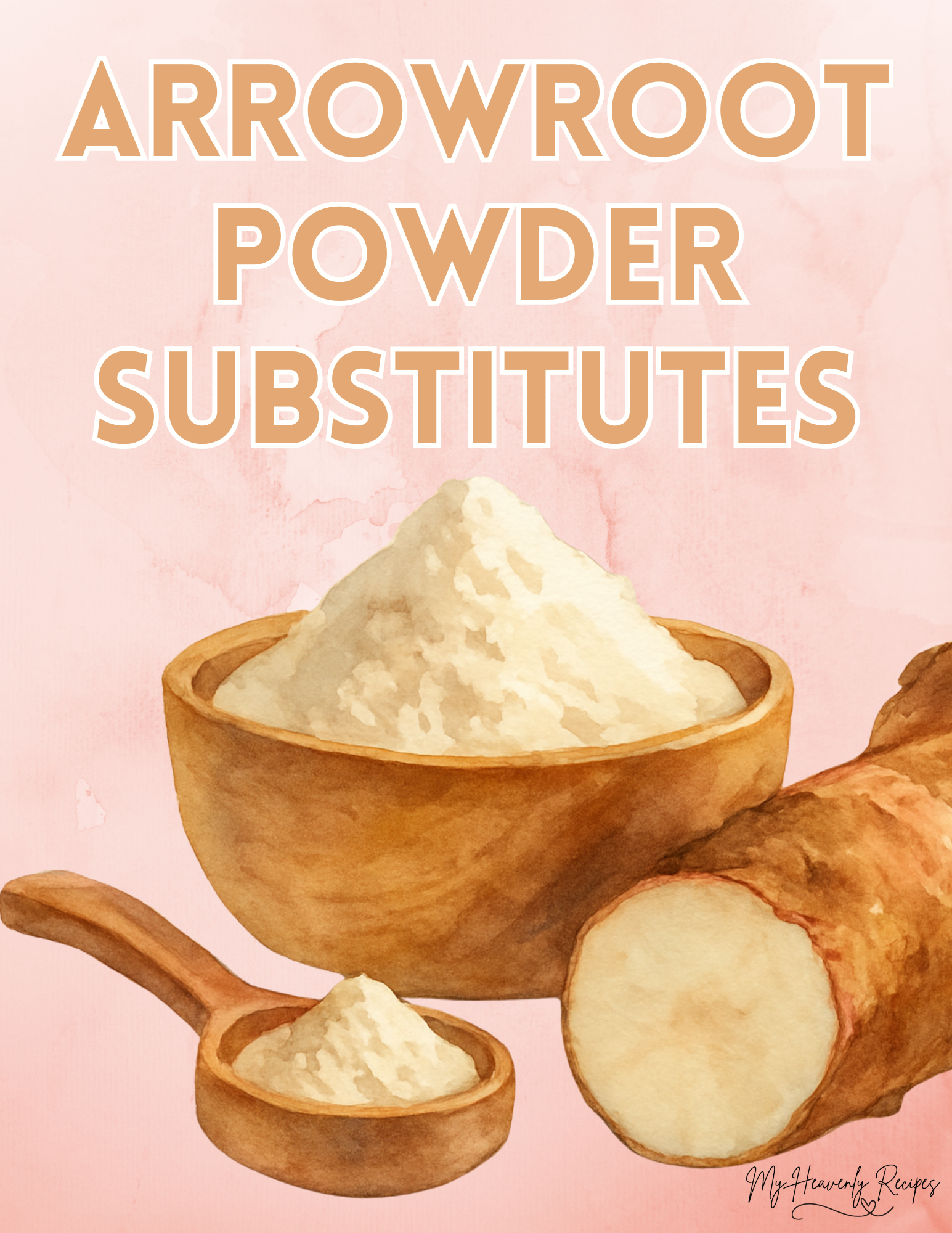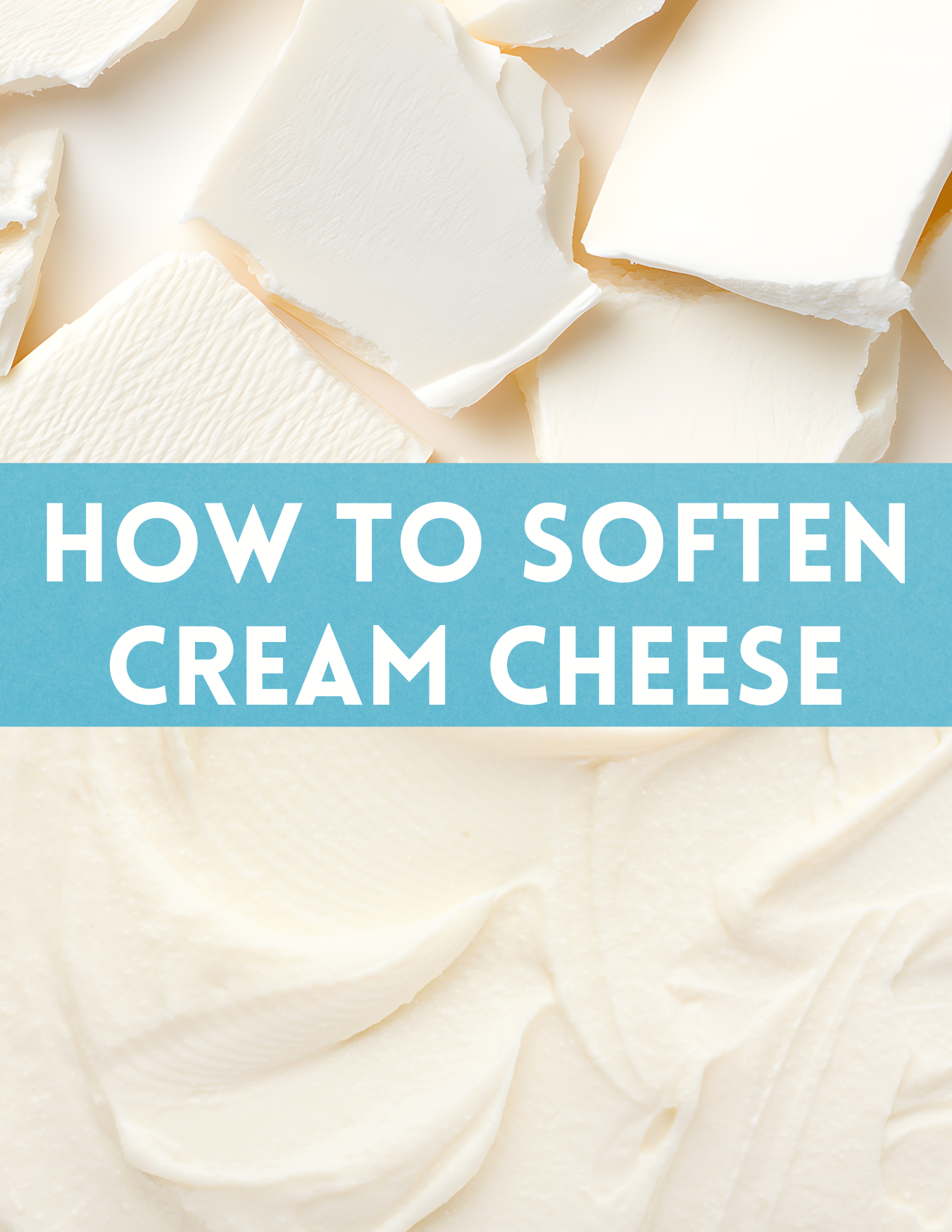Sea Salt and Kosher Salt Difference
Sea Salt vs. Kosher Salt: What’s the Real Difference?
If you’ve ever stood in the spice aisle, staring at the shelves of salt and wondering, “Wait… do I need sea salt or kosher salt?”—you’re not alone. It’s one of the most common questions I hear in home kitchens (and yes, even in fancy foodie circles).
So grab your favorite mug of tea (or wine, I won’t judge), and let’s break down everything you need to know about sea salt and kosher salt. We’ll chat about how they’re made, how they taste, when to use them, and why recipes sometimes really care which one you choose.
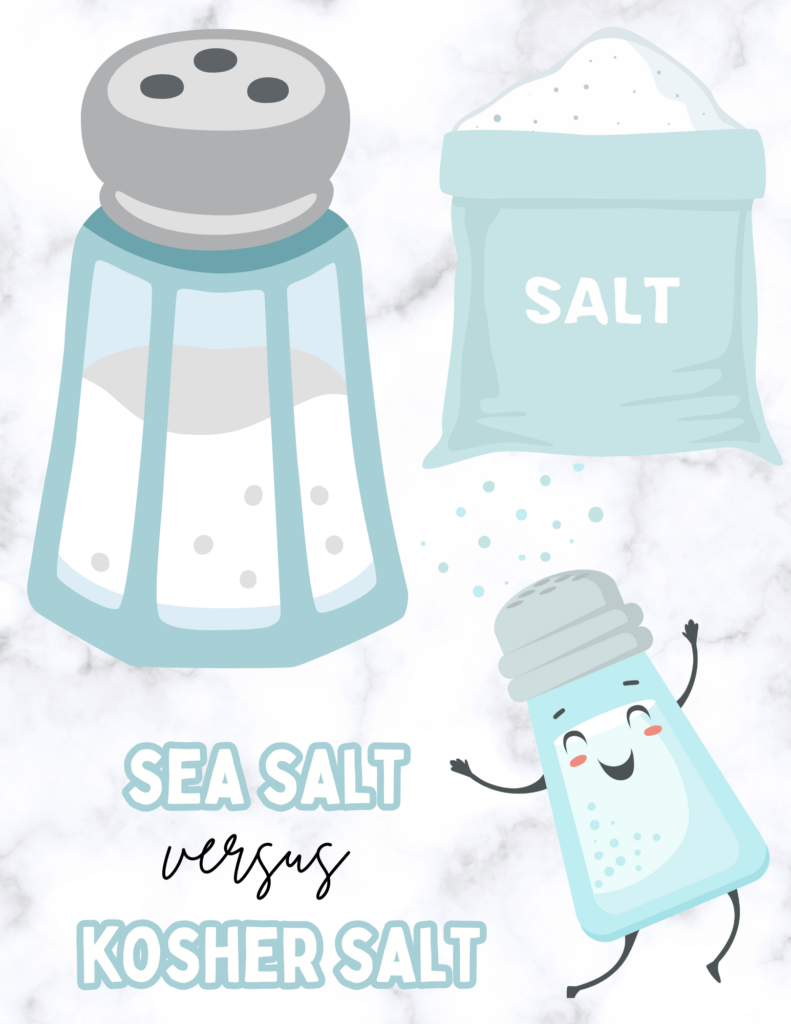
Quick Salt 101
Before we dive into the differences, let’s just be clear: all salt is primarily sodium chloride—even table salt, sea salt, Himalayan pink salt, and kosher salt. The differences come from how it’s made, its texture, purity, and sometimes trace minerals.
Sea Salt vs. Kosher Salt: At a Glance
| Feature | Sea Salt | Kosher Salt |
|---|---|---|
| Source | Evaporated sea water | Mined from underground salt deposits |
| Texture | Flaky or fine; often irregular | Flaky or coarse; larger, more uniform crystals |
| Taste | Clean, can have subtle mineral notes | Pure salty taste, no additives |
| Dissolves | Slower (flaky); faster (fine) | Dissolves quickly |
| Best for | Finishing dishes, seafood, veggies | Seasoning meat, brining, general cooking |
| Price | Often more expensive | More affordable |
| Additives? | Rare (check label) | Usually additive-free (read label) |
Sea Salt: The Coastal Queen
Sea salt is exactly what it sounds like—salt harvested from evaporated sea water. Depending on where it comes from, it can contain tiny amounts of other minerals like magnesium or calcium, which can add subtle flavor.
When to Use Sea Salt:
- Finishing dishes: Sprinkle a few flakes over a fresh tomato salad, roasted veggies, or even a chocolate chip cookie.
- Delicate foods: Because it’s got a lighter touch, it shines on seafood or things like avocado toast.
- Fancy moments: Let’s be real—it looks pretty on the table in a little dish.
Kosher Salt: The Kitchen MVP
Named for its use in koshering meat (drawing out blood as part of Jewish dietary law), kosher salt has become the darling of professional kitchens.
When to Use Kosher Salt:
- Everyday cooking: It’s super easy to pinch, sprinkle, and control.
- Meat and poultry: The big flakes cling beautifully to protein.
- Baking? Not so fast! Unless your recipe says kosher salt specifically, stick with fine salt to avoid messing up the balance.
Watch Out: Not all kosher salts are created equal! Morton kosher salt is denser than Diamond Crystal kosher salt. So if a recipe calls for one and you’re using the other, measure by weight, not volume.
Volume vs. Weight: Why It Matters
Because of different crystal sizes, a tablespoon of kosher salt doesn’t equal a tablespoon of sea salt—or table salt!
Salt Measurement Comparison:
| Salt Type | 1 Tablespoon Equals (Approx.) |
|---|---|
| Diamond Crystal Kosher | 6 grams |
| Morton Kosher | 17 grams |
| Sea Salt (Fine) | 20 grams |
| Table Salt | 18 grams |
Moral of the story: If you’re baking or doing something precise, weigh your salt or use the exact kind the recipe calls for.
FAQs:
Q: Can I substitute sea salt for kosher salt?
A: Kinda. You can swap them in a pinch (pun fully intended), but adjust for the grain size. If your sea salt is super fine, use less than you would kosher. If it’s flaky, you may be able to use a 1:1 ratio by volume.
Q: Why do chefs love kosher salt?
A: Because it’s easy to grab and control with your fingers, it dissolves quickly, and it doesn’t have any weird additives like anti-caking agents. It’s the no-fuss, get-it-done kind of salt.
Q: Is sea salt healthier than kosher salt?
A: Not really. Both are basically sodium chloride. Sea salt might have a tiny bit of trace minerals, but nothing that will make a major nutritional difference. If you’re watching sodium intake, the bigger flakes of kosher salt mean less salt per spoonful, so that’s a slight bonus.
Q: What about Himalayan pink salt?
A: Oooh, the pretty one! It’s a rock salt, not a sea or kosher salt. It’s mined in Pakistan and contains minerals like iron (which gives it that blush color). It’s great for finishing or salt grinders but behaves a bit like coarse sea salt.
So… Which One Should I Keep in My Kitchen?
Honestly? Both!
- Kosher salt: Your go-to for cooking, seasoning, and brining.
- Sea salt: Your finishing touch for beauty and a pop of flavor.
If you’re a minimalist or just starting out, go with Diamond Crystal kosher salt. It’s versatile, forgiving, and chef-approved.

